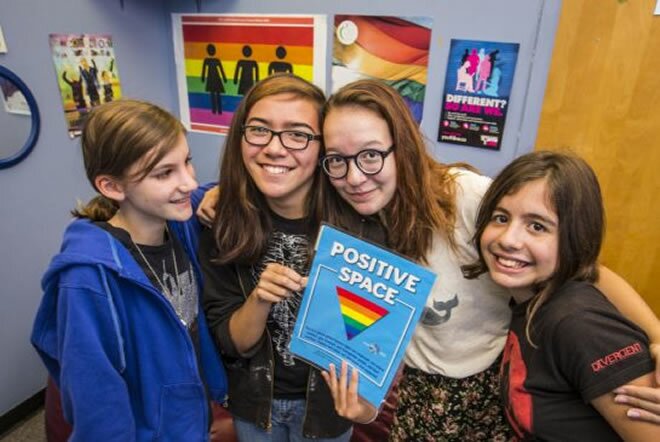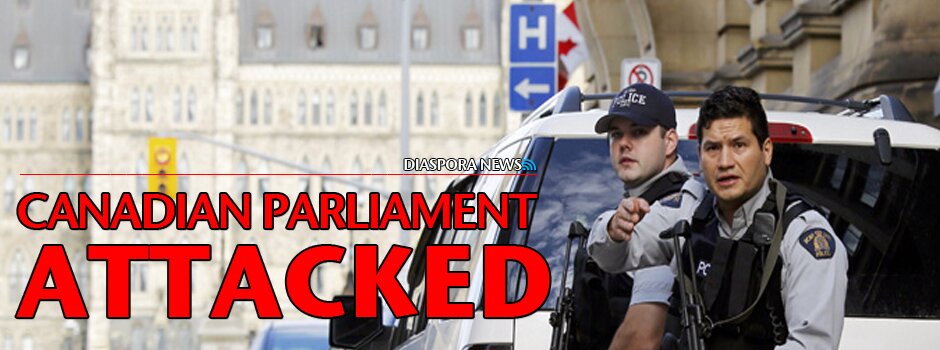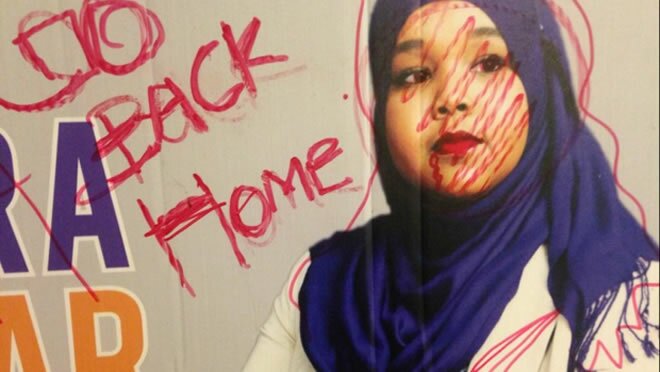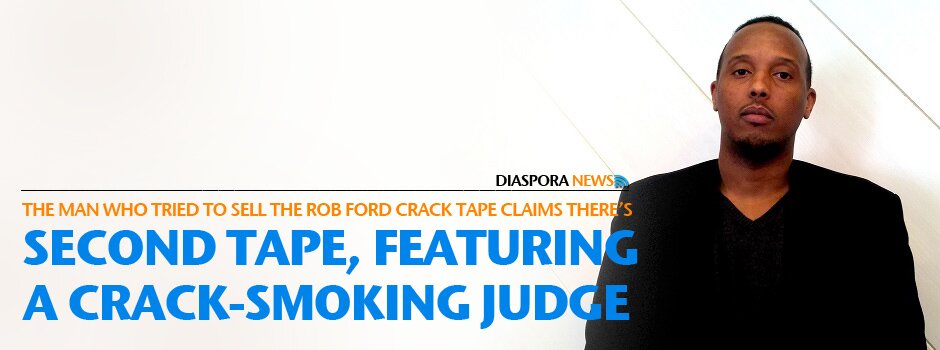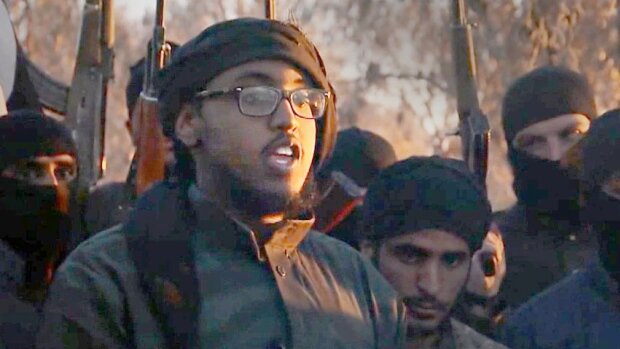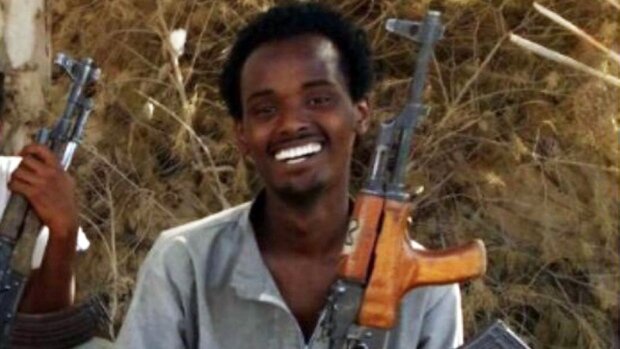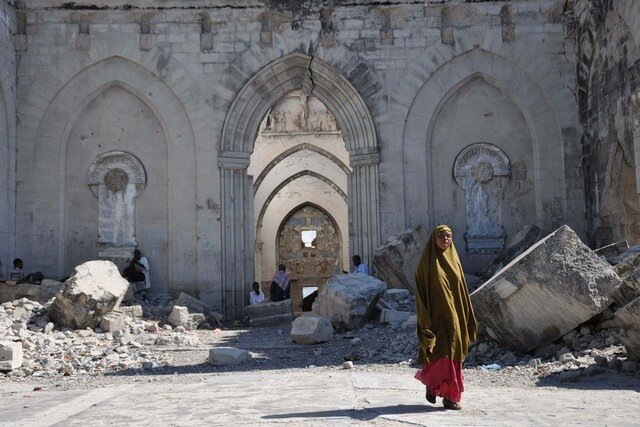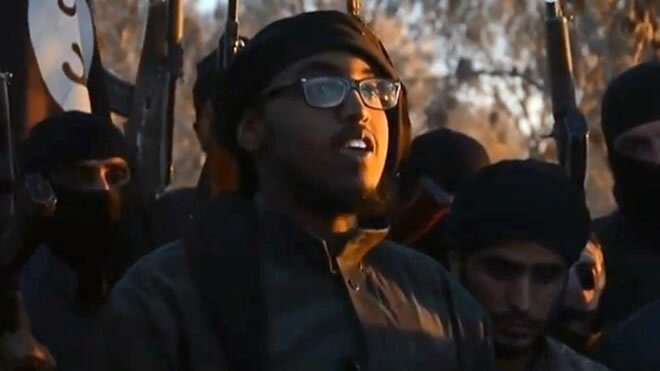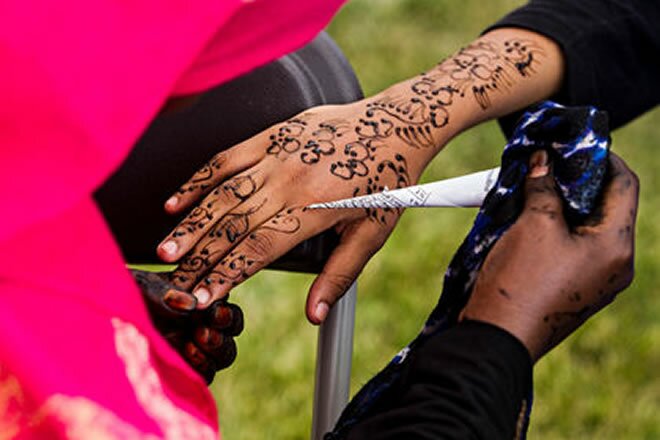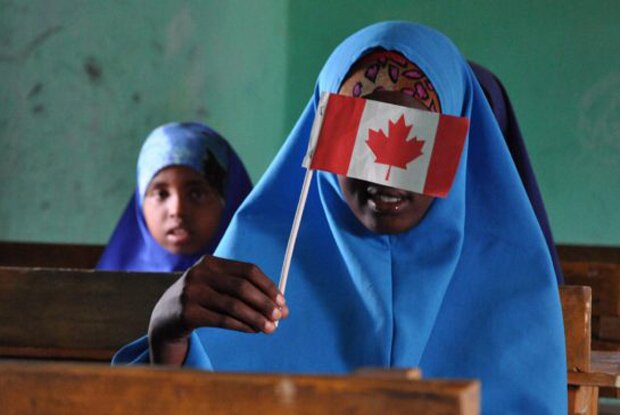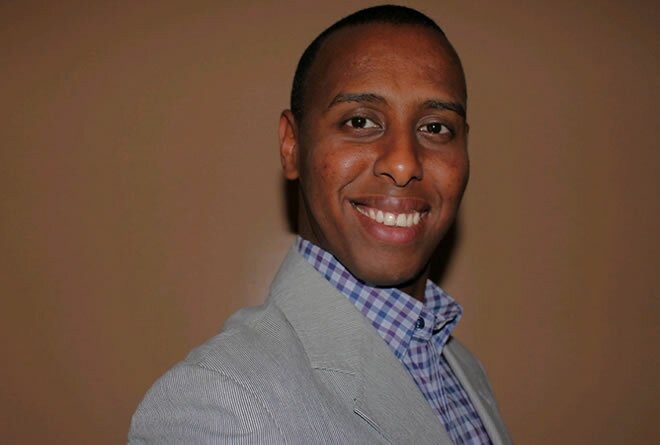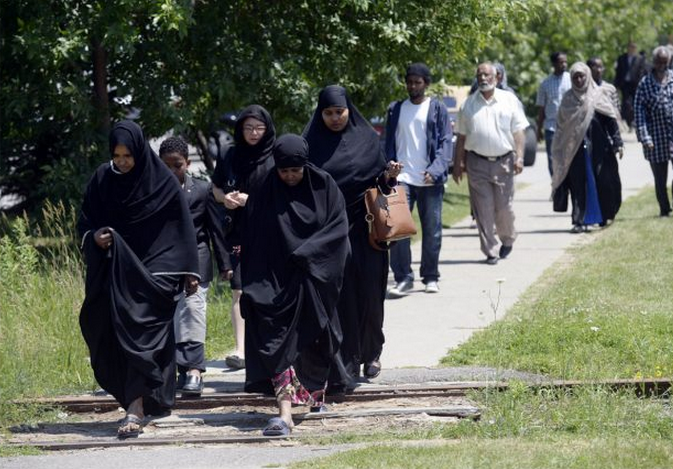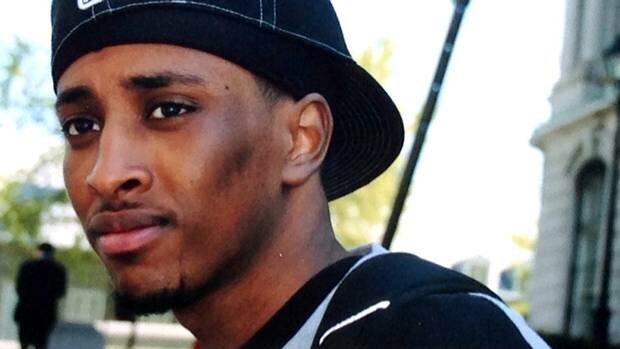When a passport can’t be trusted
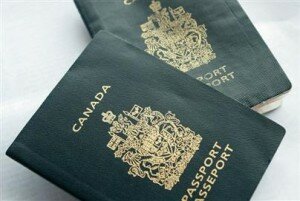 The Canadian government has decided to go on the offensive and tell its side of the story in connection with allegations that its officials mishandled the case of Suaad Hagi Mohamud, the Canadian of Somali origin who was detained in Kenya on suspicion that someone else was using her passport to travel to Canada. Such a move by Ottawa is relatively rare. In the case of Maher Arar, who was awarded more than $10-million by the Canadian government on the grounds that it had contributed to his being imprisoned and mistreated by the Syrians, Canadian investigations focused on whether actions by our security and intelligence agencies had been appropriate and not whether there was any substance to allegations Arar had connections with possible terrorist organizations or their supporters.
The Canadian government has decided to go on the offensive and tell its side of the story in connection with allegations that its officials mishandled the case of Suaad Hagi Mohamud, the Canadian of Somali origin who was detained in Kenya on suspicion that someone else was using her passport to travel to Canada. Such a move by Ottawa is relatively rare. In the case of Maher Arar, who was awarded more than $10-million by the Canadian government on the grounds that it had contributed to his being imprisoned and mistreated by the Syrians, Canadian investigations focused on whether actions by our security and intelligence agencies had been appropriate and not whether there was any substance to allegations Arar had connections with possible terrorist organizations or their supporters.
What Ottawa should also do is let the public know just how massive a problem some of our missions overseas face on a daily basis when it comes to receiving fraudulent applications to come to Canada. The Americans have been more up-front in this regard. Last year they suspended their Priority Three (P-3) refugee resettlement program, which was administered largely from the U. S. mission in Nairobi and involved mainly Somali and Ethiopian applicants. After carrying out DNA checks on sponsors in the United States and relatives being sponsored for immigration from Africa, it was discovered that more than 80% of the latter were not, in fact, related to the sponsors at all and were trying to enter the U. S. under false pretenses.
Canada has by no means been oblivious to the problems of identity fraud involving attempts by people from that part of Africa to gain entry. After the government of strong man Siad Barre was overthrown in 1991 and Somalia descended into chaos, Canada was the first country to point out that Somali passports should no longer be recognized as proof of identity or nationality.
Other countries such as the United States, Germany, Sweden and Australia acted as early as 1993 to declare that they would no longer accept such passports as valid travel or identity documents. In Canada, however, successive governments failed to follow suit until the year 2000 — perhaps to avoid alienating members of the Somali community and losing electoral support. When Ottawa finally took action, it did so with the explanation that “the Somali passport continues to pose control and enforcement problems within Canada. These problems include persons using blank or recycled Somali passports to enter Canada, to support refugee claims (sometimes multiple) and to cash social assistance and other cheques.”
High levels of fraud on the part of people attempting to come to Canada are by no means limited to people from Somalia and other countries in the region. Fraudulent application rates of more than 50% are common in some parts of China, while our consulate in the Indian state of Punjab has had to reject up to 80% of applications, in many cases for similar reasons (compared to a rejection rate of only 19% at our visa office in Delhi).
All of this puts enormous pressure on our visa offices in terms of trying to sort out the genuine from the bogus. Their situation is further complicated by having to respond to a constant barrage of representations from lawyers and Canadian Members of Parliament in support of applicants. Combined with this is the fact that priority is given to allowing large numbers of people to enter Canada rather than to doing a thorough screening. With limited resources, it is easier for a visa officer to approve a dubious application than to get involved in long explanations about why it has been refused. (Further background on these problems can be found in a paper of mine available on the Fraser Institute website.)
Since she is a Canadian, Suaad Hagi Mohamud’s tribulations in Nairobi should be thoroughly examined, and if it is found mistakes occurred in the way her case was handled, measures should be put in place to avoid a repetition of such errors. Canadians should, however, be under no illusions regarding the extent of the challenges faced by our visa officers in locations such as Nairobi. They have to contend with very high levels of misrepresentation and particularly identity fraud on a daily basis.
_____
Source: National Post —- Martin Collacott is a former Canadian ambassador in Asia and the Middle East and lives in Vancouver.
Comments
comments
 Calendar
Calendar






